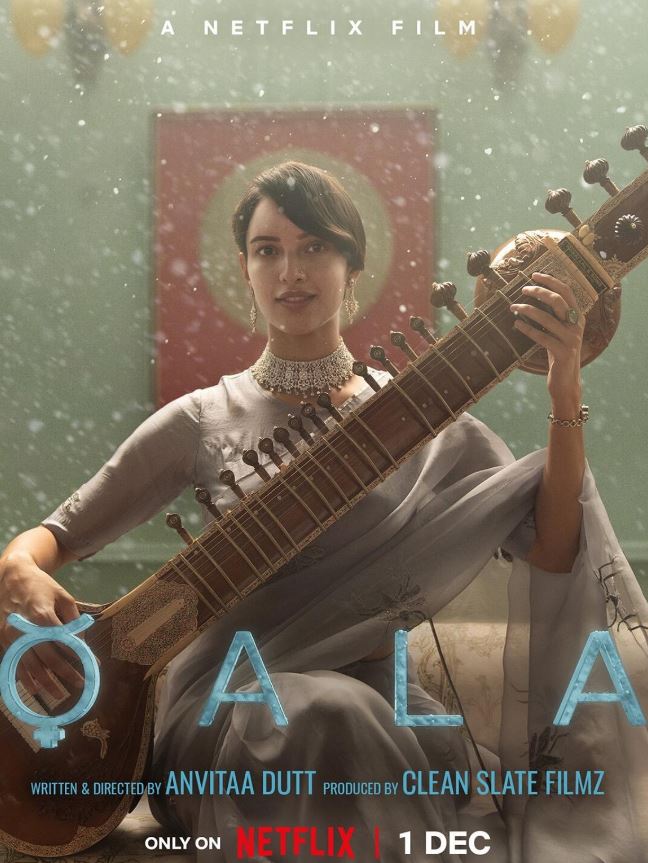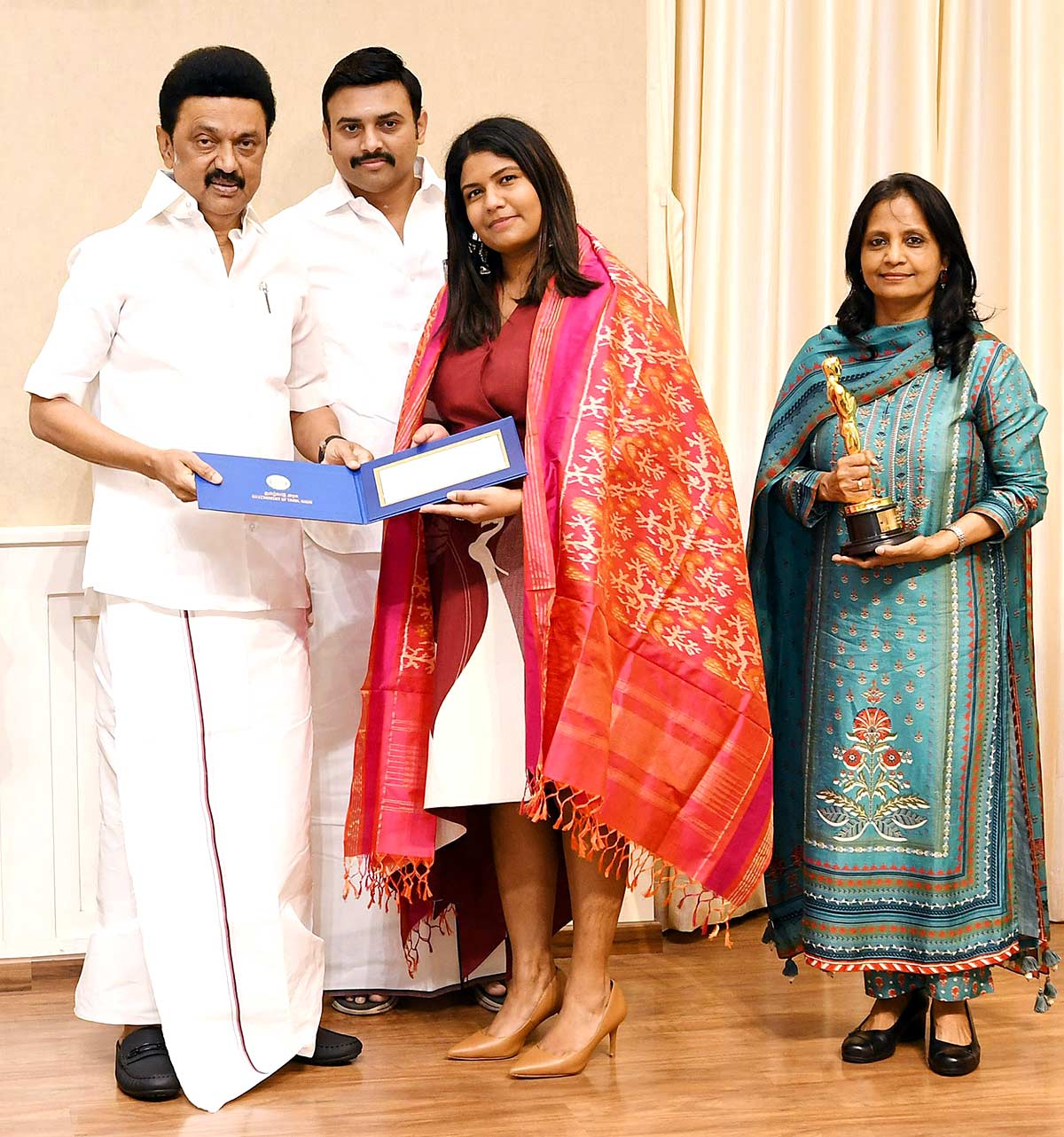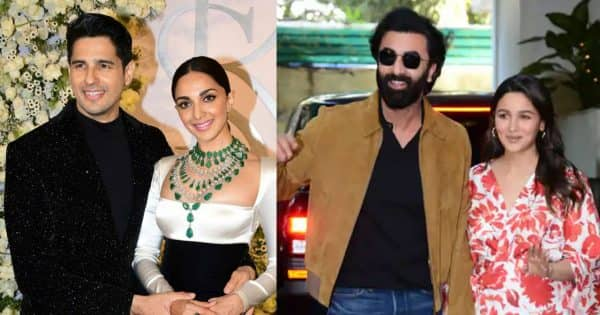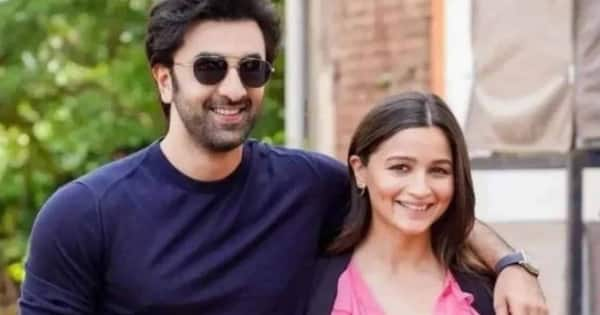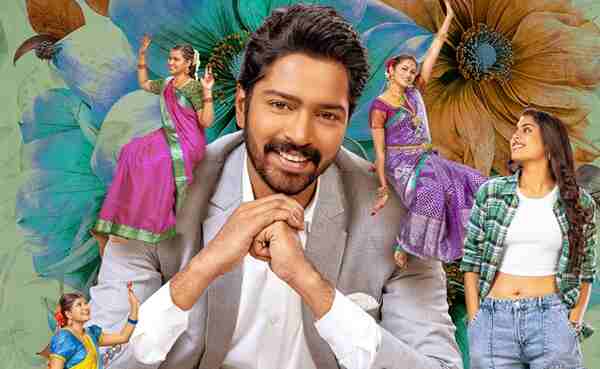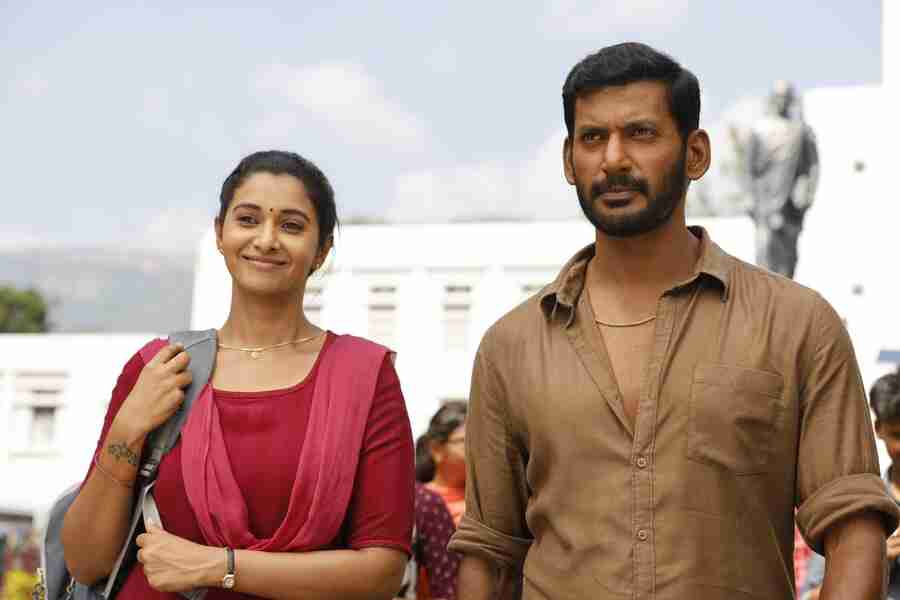Tripti Dimri stuns you as the lovelorn singer/daughter. First-time actor Baabil Khan makes a mark in a poignant role. The Anvitaa Dutt-directed period drama draws one’s attention to mental health, depression.
Rating: 4 / 5

By Mayur Lookhar
Bikharne ka mujhko shauq hai bada, sameitega mujhko tu bata zara! (I have a fondness to fall apart, tell me, will you hold me together? Lyricist and actor Varun Grover’s words sum up the world of Qala [2022]. The Anvitaa Dutt directorial takes us back into pre-independent India. The period [30s, 40s] drama narrates the story of a young singer Qala [Tripti Dimri] and her struggles – both personal and professional.
The personal battle began the moment she came into this world. Urmila Manjushree [Swastika Mukherjee] is left crestfallen after learning that she had a stillborn boy. The local medic cites that down to one child sucking the life out of her twin in her mother’s womb.
Anvitaa Dutt and Tripti Dimri reunite after their feminist tale Bulbbul [2020]. The complexity in Qala stems from the troubled relationship that Qala [Dimri] shares with her mother. She’s raised with all the luxuries that a noted classical singer, single mother could afford. Mother even trains her to be a singer, but in her eyes, Qala has no kala [talent/skill]. There perhaps was no winter in Himachal Pradesh where poor Qala was made to stand in the snow as a punishment. Urmila adopting a young Sufi orphan singer Jagan [Babil Khan] accentuates the mother-daughter divide.
The toxic environment, both personal and later professional, takes a heavy toll on Qala. Not all of it is external, as Qala’s ambitions are partly to blame for her internal turmoil.
Anvitaa Dutt’s art ‘house’ drama is built on music, but the internal structure is filled with melancholia. At the heart of this story lies a message to not ignore mental health, depression. After an initial drag, the film paces itself finely, delighting us with its music, but heart-wrenching in its melancholic drama.
Dimri gives us a peek into the psyche of a lovelorn child. The short hair is presumably forced by her mother, who desperately looked for her stillborn son in Qala. She sports the long hair only after leaving her house and making a mark in the old Kolkata music industry. Dimri emotes the turmoil [internal-external] to a near perfection. It is so convincing that you really fear for the wellbeing, mental state of the actor. She cuts a frustrated figure each time her mother undermines her ability. Not just conversation, but the artiste is even cut short in a song – Shauq. That envy, that hurt is writ so large on her face.
You empathise with the daughter, the abused playback singer, but there isn’t one for the envious sibling. The art ‘in house’ drama has turned Qala into this insecure being. Once in Kolkata, the young singer gets her chances, but has to pay a heavy price. Qala exposes the exploitative nature of the showbusiness. Forward to 2022, and given the numerous #MeToo allegations, it seems nothing has changed in the entertainment industry. Anvitaa Dutt though takes us to a period where no one would care to hear the cries of an aspirational lady. External or internal, we get to a see a virtuoso display from Dimri.
Swastika Mukherjee’s classical look also rekindles memories of a young Tabassum. Despite the riches and talent, Urmila inadvertently propagates the toxic patriarchy of her time. Ego clashes between creative couples is common, most famously covered in Hrishikesh Mukherjee’s Abhimaan [1973] and more recently in Mahesh Bhatt’s Aashiqui [1990]. The mother-daughter tussle makes it more disturbing. For ages, we equate a great songstress with cuckoo. In one moment, Urmila breaks Qala and our spirit too reminding the daughter that a cuckoo never makes her nest, but steals from others. The total breakdown happens when Urmila tells Qala that there is no place for a female singer in her house. “Then there ought to be no place for you too,” retorts Qala. It’s all over between mother and daughter then.
It is not just artistes, but Qala’s physician Dr. Banerjee [Abhishek Banerjee], who too dismisses her troubles as effect of menstruation. Producer Anushka Sharma makes a special appearance as the star, Devika whose moon act is an ode to the late great Madhubala.
Late Irrfan Khan’s son Baabil makes a fine impression in a poignant role. He brings Sufi art to the table. But Jagan’s predicament also underlines the constant struggles for humble artistes to find a footing in an industry/space that reeks of elitism, class divide, favourtism. It was perhaps more apparent in pre-independent India. Maybe, he’s a little off the mark in lip-syncing, but he’s inherited the deep eyes from his late great father.
Sumant Kumar [Amit Sial], Majrooh [Varun Grover], and Chandan Lal Sanyal [Sameer Kochhar]. These character names are partly influenced by the real artistes of the era, but Qala is said to be a fictional tale. Unless, some forbidden gupshup is slipped into the screenplay. That’s for the voyeurs to decipher. A Sumant Kumar though exposes the maestro-muse nexus. The only men who truly value Qala’s talent is lyricist Majrooh and Ustad Mansoor Khan Sahab [Swanand Kirkire].
Much like Bulbbul [2020], it is Meenal Agarwal who weaves magic with her top-notch production design recreating the old-world charm of Kolkata and Himachal Pradesh [reportedly shot in Kashmir]. She reunites with Siddharth Diwan [cinematographer] who turns every frame into a painting. You can watch Qala on mute, yet Diwan and Agarwal’s majestic visual story telling would narrate the entire scene. The most pertinent visual representation is Qala gazing at a semi-constructed [CGI] Hooghly bridge on a cloudy day in Kolkata. Like the undone bridge, Qala is perceived to be the unfinished article here.
After a rather dour few years, composer Amit Trivedi finds his mojo. For an accomplished lyricist herself, Anvitaa Dutt has limited her contribution to screenplay and direction. She leaves the lyric writing to Varun Grover, Kausar Munir, Amitabh Bhattacharya, and Swanand Kirkire. The playback music is a fine blend of Hindustani, Hindi period, and Sufi. Reality TV show find Sireesha Bhagavatula grabs her opportunity with both hands, charming us as the voice of Qala. The Ghodey Pe Sawaar and Phero Na Najaria tracks shows her range as a singer. Even through the grim atmosphere, it is Sireesha’s tone that breathes life into Qala.
After the early drag, Dutt is in control of her directorial. The mother-daughter fractured relationship is agonizing to watch, but it is also reflective of complex human emotions, an artist’s obsession with art. Qala lives up to its title as a piece of art, but it also delivers a message to not ignore depression, mental health.
Qala is currently streaming on Netflix.

